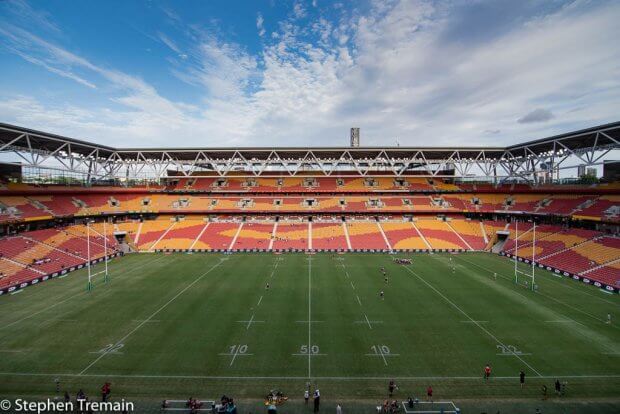This is a continuing series based on a letter correspondence I had with 72-veteran Wallaby, and highest capped Brumbies player in history, Ben Alexander.
In part three, we followed on from our discussion around rugby culture and began to ask questions around the running of the game, firstly to resolve COVID-19, and beyond. This was written just after Peter Wiggs had resigned from the RA Board.
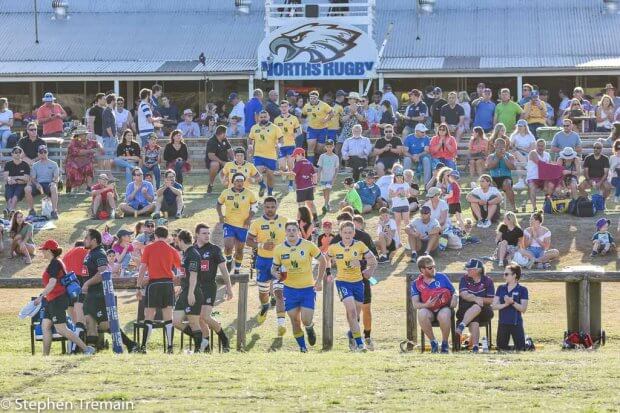
BA: I’m an absolute tragic for the Batman Trilogy, and there’s a scene in the Dark Knight between Bruce Wayne, Harvey Dent and Rachel Dawes that I think has some relevance to what’s going in Rugby.
During dinner, the group discuss whether Batman or an elected official should be Gotham City’s saving grace.
Harvey Dent: When their enemies were at the gates, the Romans would suspend democracy and appoint one man to protect the city. It wasn’t considered an honor; it was considered a public service.
Rachel Dawes: Harvey, the last man who they appointed to protect the Republic was named Caesar, and he never gave up his power.
How Dent describes the Romans response to being under siege is eerily similar to Australian Rugby, and what could have transpired at the board meeting which lead to Caesar/Batman/Peter Wiggs’s resignation.
Is it time to suspend Rugby’s democracy and install someone to make hard, but timely decisions? To watch them either die a hero…. or live long enough to see themselves become the villain?
NW: I agree with this. Right now, with people being laid off and cuts being made, quick, tactical, honest decision making is required. This is as big a crisis as the game may face, and maybe that decision process needs to come through a single person who is prepared to make the calls, or through a brains trust. This crisis has shown how disunited the game really is and how distrustful people are of one another, even in these circumstances.
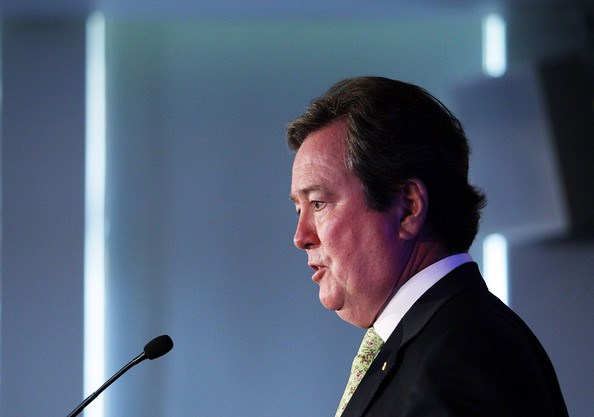
It’s interesting that a key point of The Dark Knight is that for Dent, what matters is that the idea of suspending democracy and appointing a protector of the city wasn’t an honour, but a responsibility; a fact that he relishes. It’s fantastic! I wonder if the folks vying for the board treat it as such, to leave the game in as good a state as when they arrived?
Wiggs’ idea to put aside due process I think had some great ideas in principle as it gives us the necessary decision making process, but Georgina Robertson makes a fantastic point as to why RA resisted it: “he was asking them to put aside due process and give the job to a close friend, [John O’Neill]. A qualified close friend but a close friend nevertheless.”
Whoever they choose as CEO eventually, I’d also hope they’d make those tough decisions for the game, and for no other reason. Distrust was rife in rugby before COVID-19, and unfortunately that has not come from nothing. Australian rugby has had several leaders who haven’t directed the game within it’s best interests. I agree that we need decisive leadership, but can we afford another Caesar?
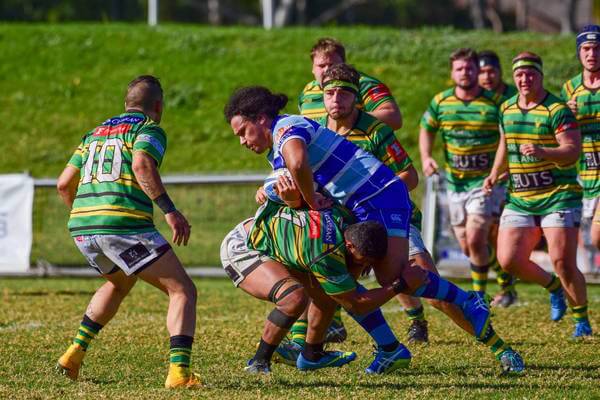
BA: We’ll never know now if Wiggs was going to be Caesar or a custodian for the game. The board could have given him full control for a set period of time to quickly navigate this mess. But I guess they were worried about appointments he would have made during that time, regardless of how short they “suspended democracy”.
NW: Beyond COVID however, I think there needs to be a rethink of the board and leadership team that run our game, as the current structures in place don’t look to be improving anything.
As we’ve already touched on, there are many smart people within rugby, both at the professional level and at community and club level.
Currently, at general meetings at RA voting on decisions has often fallen under this structure:
- Each State and Territory Union with 50,000 or less Participants. (1 vote)
- Each State and Territory Union with more than 50,000 Participants. (2 vote)
- Each Super Rugby Licensee – 4 in total. (1 vote)
- Rugby Union Players Association (1 vote)
Within this, you have a clear structure of the relevant governing bodies, the Super Rugby franchises, and the professional players. But there is a key structure that is missing, a community rugby representative from each state and territory, nominated from a club level competition by local clubs and players.
Obviously, there would have to be a process in place around selecting these community representatives (especially as in the past there have been nominees from more powerful clubs in Australia make it onto the RA board), but the aim in principle would be to create a situation where a relevant state union has 1 professional and 1 community rugby representative.
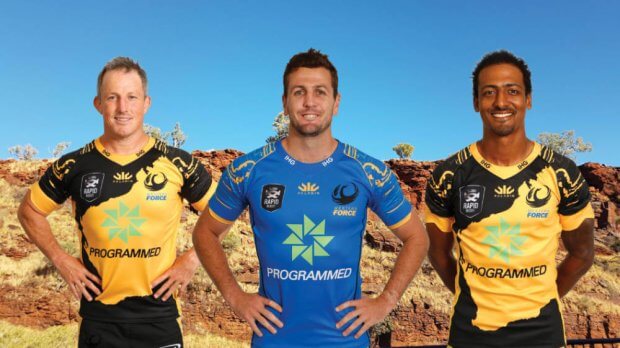
By doing that, it would hopefully bring more perspectives and mindsets into RA HQ, hopefully giving the means for a more inclusive and constructive solution.
All of this is obviously based on my main issue with the game at present, that of alignment. Whether it works is another story. At its core as the governing body, RA should be a place of constructive conflict: a neutral ground where perspectives matter and everyone’s experiences and skills can be brought to bear.
State unions, player associations and club representatives alike should view it as a place where solutions to issues they face are found. Right now, it doesn’t exactly inspire that, due to many issues that we’ve already talked about, and a history of horrendous mismanagement over the last fifteen years. If anything, currently it seems like no more than another competing body fighting at the top of the rugby pecking order for management of the game.
Would this work? Who can say. The organisation already has issues around the rolling out of changes and delivering results, so maybe transparency and more people at the table might lead to improved relations at all levels of the game, and therefore a more efficient body? I dunno, it’s the optimist in me coming out.
End of Part III

